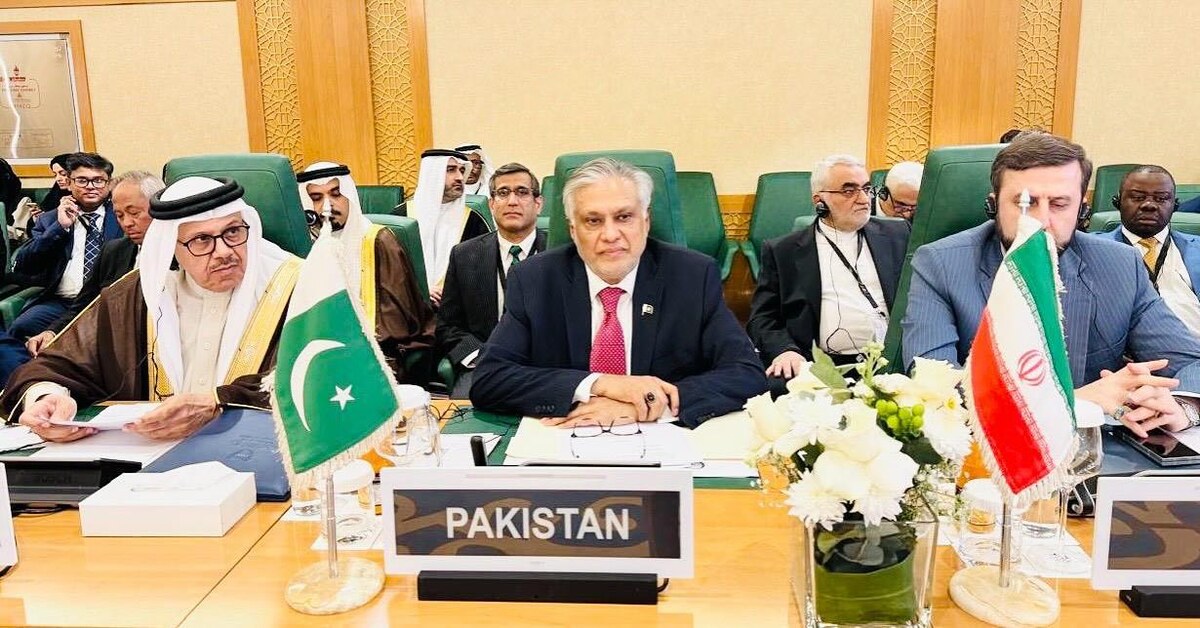KARACHI: Pakistan’s finance minister Ishaq Dar said on Wednesday the government would withdraw two petitions filed against a Federal Shariat Court (FSC) verdict issued earlier this year wherein it called for the financial transformation of the country by introducing interest-free banking within five years.
The FSC was established in 1980 to evaluate different legal provisions in the country and determine the extent of their compliance with the fundamental principles of Islam. It instructed the government in April to eliminate “riba” in another five years while maintaining that Islam prohibited interest in all its forms and manifestations.
Subsequently, Pakistan’s central bank filed a petition in the Shariat Appellate Bench of the Supreme Court, saying it welcomed the decision but wanted “guidance” from the top court regarding the modalities involved in implementing the FSC ruling.
It highlighted its commitment “to ensuring compliance with the injunctions of Islam” while pointing out it also needed to protect the stability and security of the country’s financial sector “that functions as part of the global financial system.”
The finance minister said in a televised statement on Wednesday, however, the government would try to rapidly implement the “Islamic [financial] system in Pakistan.”
“When [the Federal Shariat Court] verdict was given, the government of Pakistan knew that the State Bank and Pakistan’s National Bank had filed appeals against this decision in the Supreme Court of Pakistan,” he said. “Since it is ordained by the Shariah and the Qur’an, and since I believe that the highest decision-making benchmark [in the country] is the Qur’an and the Sunnah, I am announcing from the side of the federal government, after Prime Minister Shehbaz Sharif’s permission and consultation with the State Bank governor, that the State Bank and National Bank will withdraw both these appeals.”
Dar said the government had held lengthy deliberations over the issue in last few weeks “to discuss the future roadmap” before announcing the decision.
He recalled that the Islamic banking system had been strengthened in the country during the previous tenure of his Pakistan Muslim League-Nawaz (PML-N) party between 2013 and 2018.
The finance minister added the government had also constituted a special committee for the purpose back then, adding that it included some of the top religious scholars of the country.
Dar also recognized in his statement there would be plenty of challenges while implementing the interest-free system since traditional banking had remained in place for nearly 75 years in the country and it would be difficult to shift to a new system.
Pakistan’s deputy State Bank governor, Sima Kamil, said earlier this year the Islamic banking industry had secured a “market share of 19.4 percent and 20 percent in assets and deposits, respectively” until the end of March this year.
Given the success and growth of the industry, even international banks in Pakistan have introduced Shariah-compliant products to benefit from the growing economic trend.
















